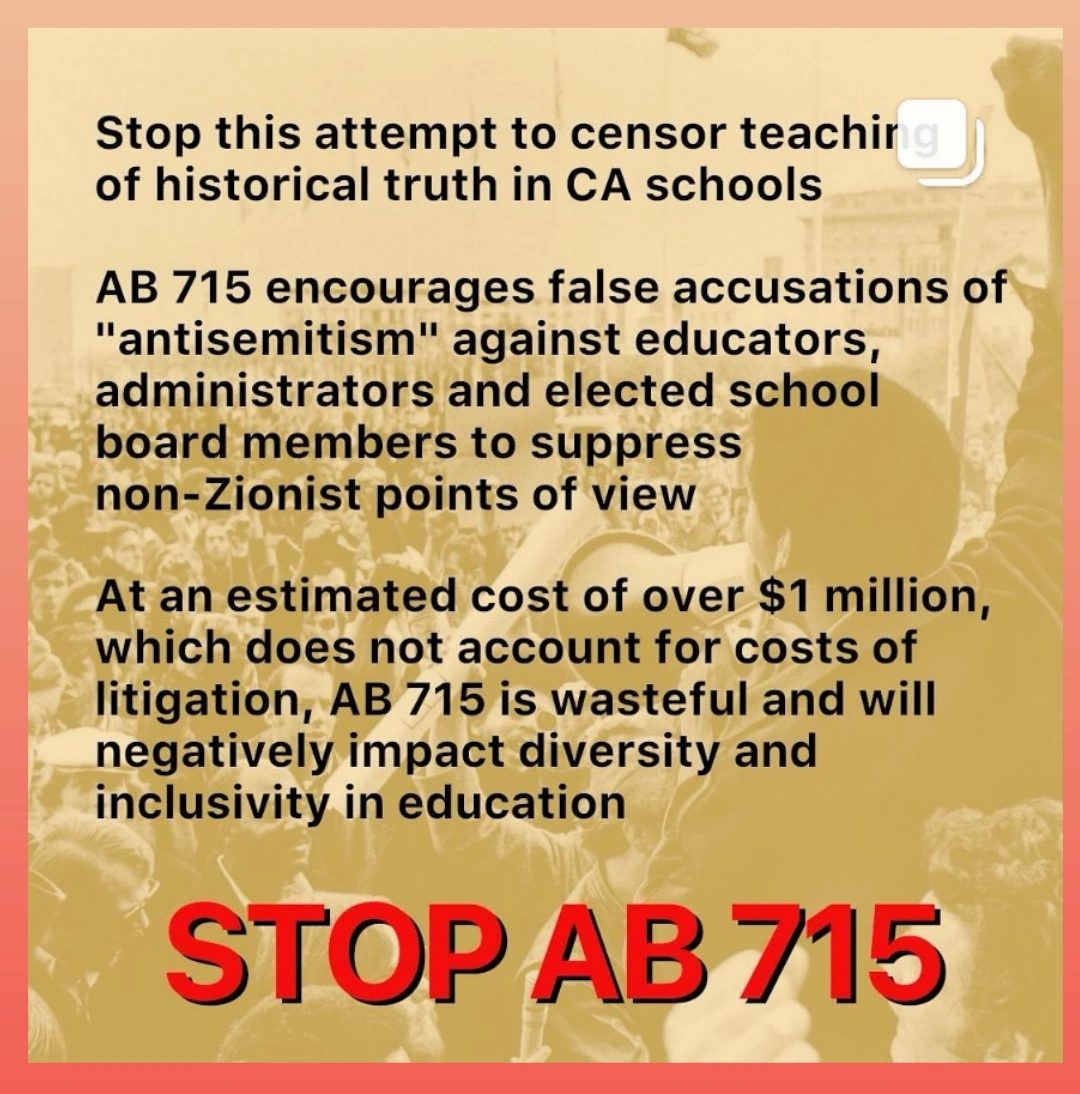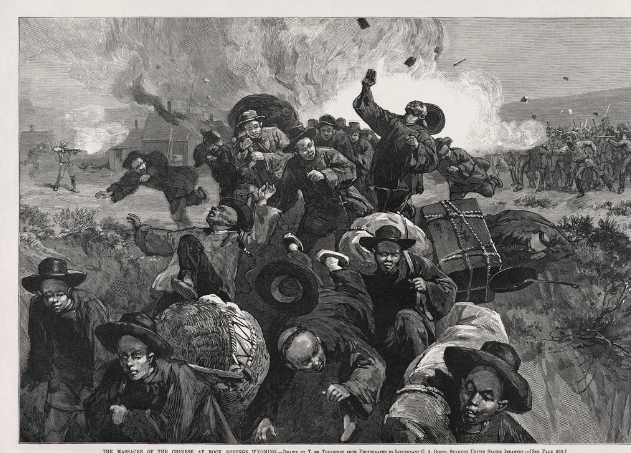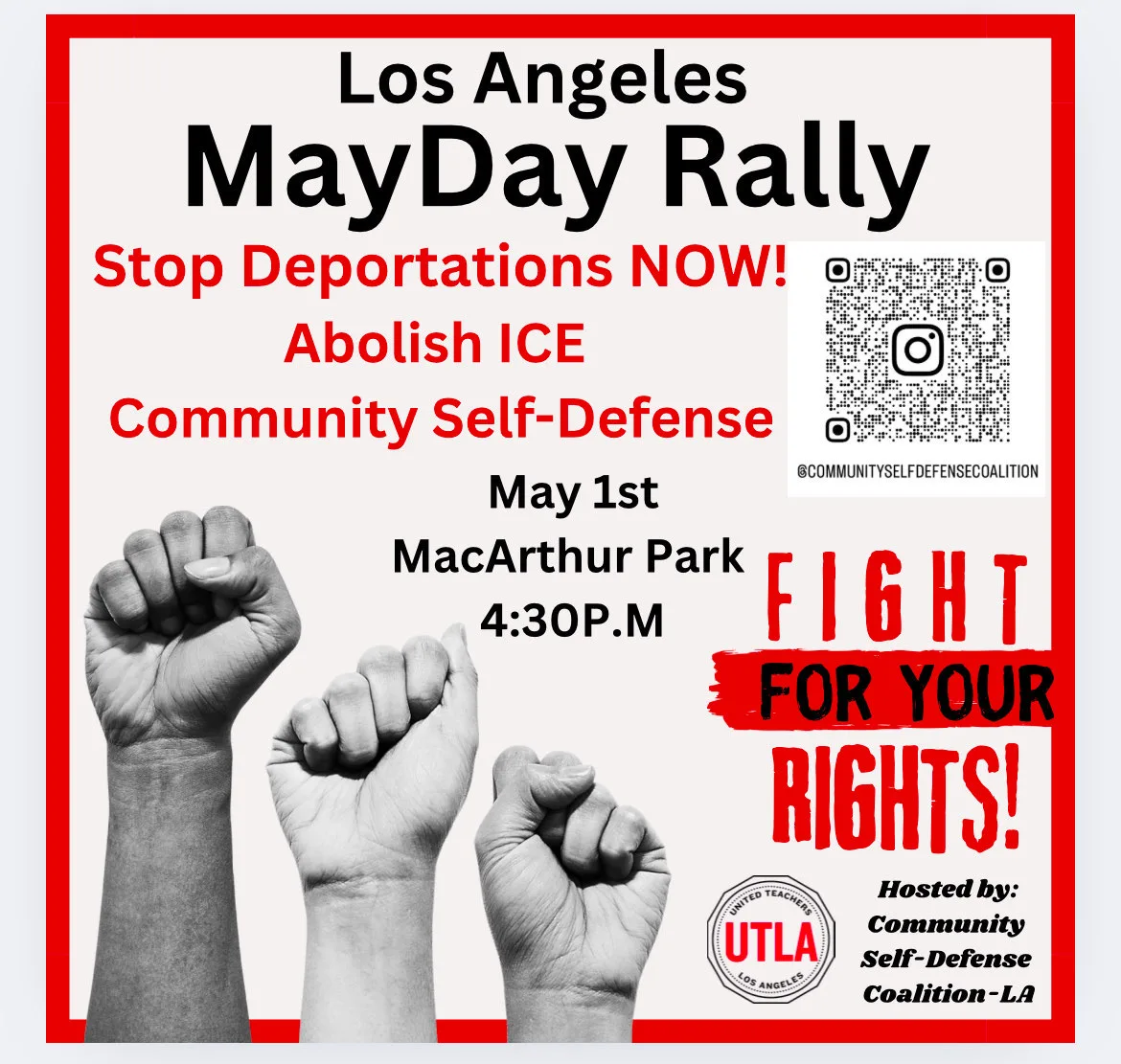Bernie got into a bit of controversy over his position, that prisoners should have the vote. He called it a fundamental aspect of democracy. It’s also the policy in two states, Vermont and Maine.
Personally, I’m not 100% comfortable with having prisoners vote, but so many arguments come out about how prisoners lose their rights, so they shouldn’t vote. On the other side, I read argments about how disfranchisement of prisoners is unfair to some communities. I think this needs to be addressed a little more dispassionately.
What I think he means, is that the vote is a fundamental right in a democratic government. The vote is the way that decisions are made, and it’s the input mechanism that starts the democratic process.
In a democracy, everyone who is affected by the government, has a right to a vote. That’s a starting principle.
“Governments are instituted among Men, deriving their just powers from the consent of the governed.” – Declaration of Independence
In practice, not everyone has the right to vote, but in principle, everyone has the right to vote. “The governed” means everyone: children, men, women, citizens, noncitizens, travelers, and perhaps even animals. We are all subject to the government’s power.
So, all these people need a mechanism to give or deny “consent”. People may use many different mechanisms, like letter writing or picketing, but the vote is considered the primary mechanism, because it’s used to elect legislators, some executives like the President, and to vote on laws.
In an idealized democratic system, if the right to vote is to be denied, a reason should be given, and the people should have final say on whether the disfranchisement is reasonable. That would be the most democratic approach.
Our history, however, has gone in a whole other direction. We started out with an extremely limited franchise: only landed, free white men could vote.
Over time, different groups fought to get the vote, and voting rights have been expanded.
Former slaves got voting rights.
Women got voting rights.
For much of American history, Asians were not allowed to become citizens, but that law changed, and that meant more Asians got voting rights.
Young people between the ages of 18 and 21 got the right to vote.
Prisoners who completed their sentence got voting rights restored.
We are slowly inching toward a more complete democratic system.
Extending the vote to people in prison is another step toward democracy.
The United States Constitution And The Right To Vote







Leave a Reply